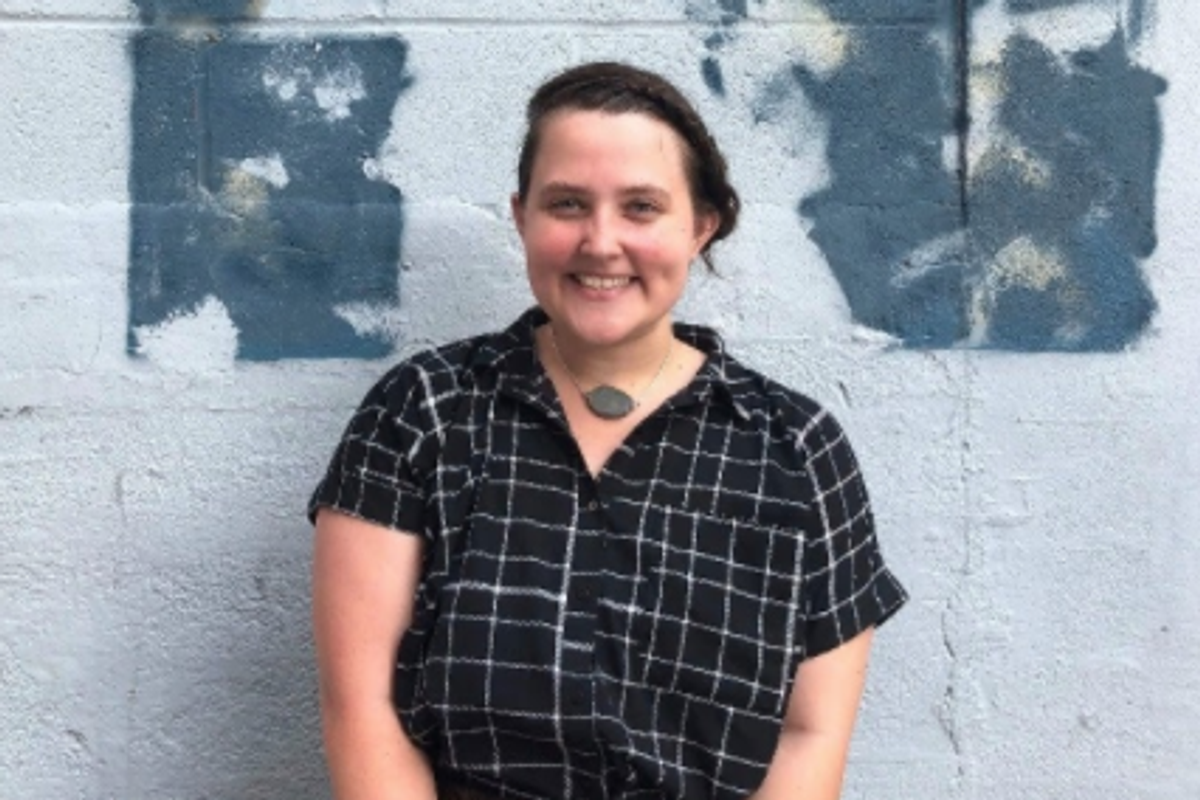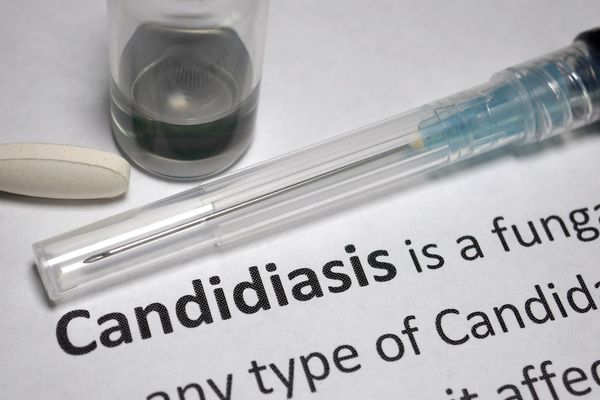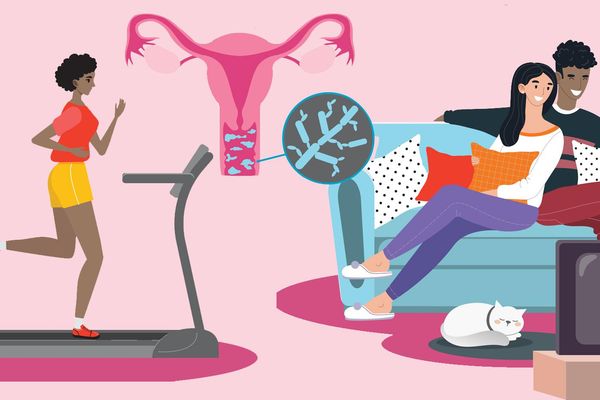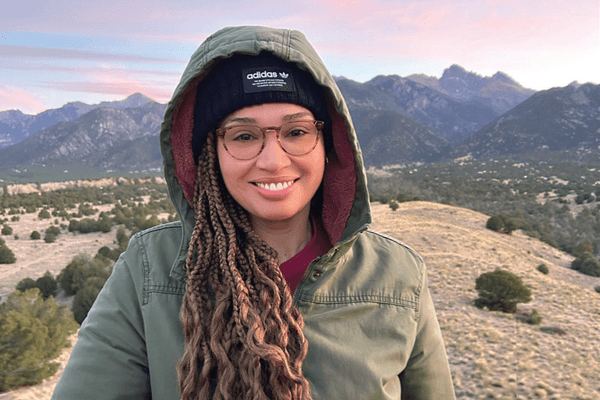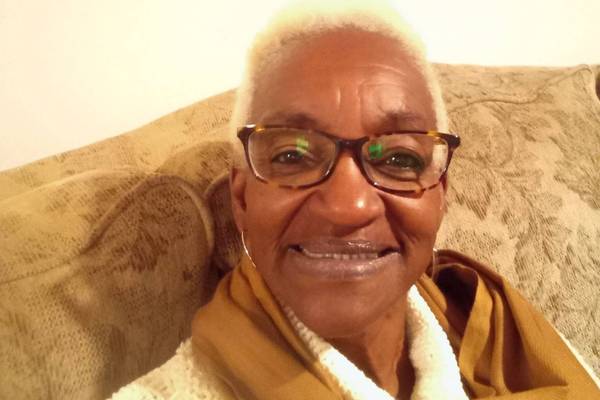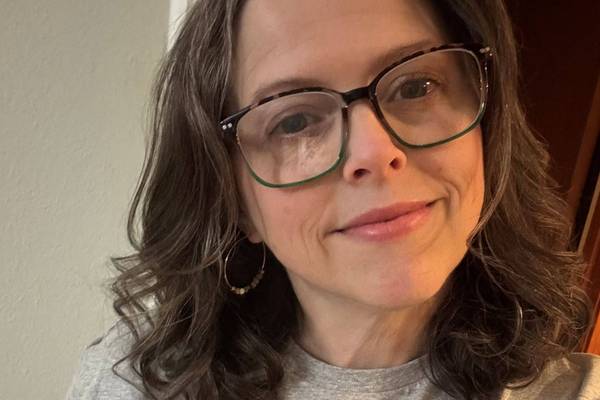"Yeast? Like, in bread? How is that stuff, you know … down there?"
I had my first yeast infection when I was a preteen. I waited at least a week to tell the school nurse about the severe, itchy, burning pain.
I regretted telling her at all.
That nurse took one look at me and said, "Yeast infections are common for girls like you. Chubby girls." I felt offended but realized asking about bread probably hadn't helped my case.
She continued: "You probably didn't clean yourself well enough. Skin irritation is part of growing up, and if you take care of yourself properly, the infections will go away."
They never did.
Over the years, I carefully washed myself multiple times a day, changed my underwear and even regulated my sugar intake. When these precautions inevitably did not prevent another rash or infection, I felt like I had failed. I'd always been taught that clean people don't contract these genital skin conditions. Since I had frequent vaginal yeast infections despite my best efforts, I believed there must be something innately dirty about my plus-sized, female body.
I felt this adolescent shame rush back last year when I was sitting in the bathroom at work. That summer, I had secured my first professional paid internship with my dream organization. I styled my hair and purchased business attire that would keep me comfortable in the swampy Washington, D.C., heat: biking shorts with flowy black dresses, tailored gray suit jackets and cropped trousers. I felt healthier and, well, cleaner than ever. But my new-found confidence flickered when I developed two skin infections that summer.
In the cramped bathroom stall, I struggled to apply a dose of a medicated cream that I'd purchased from the pharmacy on my lunch break. After I'd stepped out of the store, my stomach growling, I saw my supervisors across the street, eating at a cafe. I shoved the transparent shopping bag under my arm and picked up my pace.
All of my skin — including the skin on my genitals — was supposed to help me navigate the world and keep me healthy. Now, my vagina was making my world feel smaller and more isolated than ever. With my burning pain, I had trouble focusing on my work or — even worse — sitting on the hard Metro train seats on the long, bumpy commute home.
While I knew that yeast infections were common in puberty, I never expected them to follow me into adulthood. I lingered in that bathroom stall as long as I could, lonely and embarrassed. My self-esteem stung almost as badly as my skin.
I didn't realize then that I was not alone in my struggle with chronic yeast infections. Three in four women experience some sort of yeast infection in their lifetimes, and most women report having multiple yeast infections. Plus-size people like me are especially vulnerable to yeast infections — not because we are less hygienic, but because our bodies tend to sweat and hold heat more than thinner bodies do.
When I began talking with other chronic yeast infection sufferers, I recognized that the embarrassment and social stigma about women's bodies often prevent us from learning from one another and advocating for our wellness. Nearly every woman I spoke with, especially plus-sized women, shared a similar story. How many of us had swallowed our pain like a horse pill, afraid to talk about "TMI" experiences when we were struggling with the same symptoms?I finally understood that yeast, or candida, isn't a moral condition. It's simply an organism that lives on the ecosystem of the human body. And like any other ecosystem, human skin sometimes needs extra help to stay balanced.During one of the hottest summers in D.C.'s history, the odds of contracting a skin infection were stacked against me in 2019. Many dermatologists have correlated hotter weather with more frequent yeast infections and jock itch rashes. Why? Candida flourishes in hot, moist environments. Think of sweltering public transport, walking in the heat and sitting at a desk for long stretches of time. Like other working women, these elements made up my daily routine. It wasn't that my body was wrong or dirty.
With this realization, I was able to heal from my shame. But how could I heal my irritated skin and do my best to prevent this pain in the future?
I still cope with yeast infections, especially since I've moved to an even hotter location: Florida. My previous doctors had suggested I wear linen or other loose-legged pants to allow my groin to breathe, but this thin material doesn't work with "chub rub." The pants wore down and quickly showed holes from the friction of my thighs. Fortunately, breaking my silence about yeast infections helped me find a new health care provider. My provider encouraged me to embrace breathable cotton granny panties, carry a spare pair of underwear and use thigh-protecting balms instead of leggings to avoid chub rub. This doctor treats me with dignity, and she suggests the best preventive strategies for my skin in all of its resilient, plus-sized beauty.
So months later, I no longer felt alone or ashamed when I began to feel the telltale burn between my legs while traveling to a conference in Chicago. Instead of being angry at my body for the infection, I silently thanked it for allowing me to experience a new city. Since my body takes care of me 24/7, I couldn't hold a grudge against it for needing me to return the favor once in a while.
And this time, after a quick underwear change and some soothing ointment, my skin and I were both ready to leave the bathroom stall and tackle the world together.
Laken Brooks is a current PhD student at the University of Florida where she studies disability, gender and digital humanities. When she's not studying and teaching, she is a freelance writer for CNN, Inside Higher Ed, Good Housekeeping and other national publications.
- Fast Facts: What You Need to Know About Recurrent Vulvovaginal ... ›
- Living With RVVC ›
- The Everyday Effects of Recurrent Vulvovaginal Candidiasis (Chronic Yeast Infection) - HealthyWomen ›
- What You Need to Know About Chronic Yeast Infection - HealthyWomen ›

